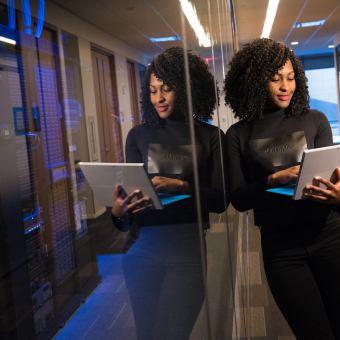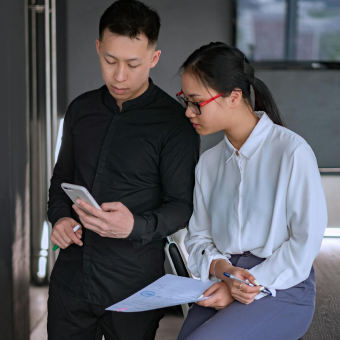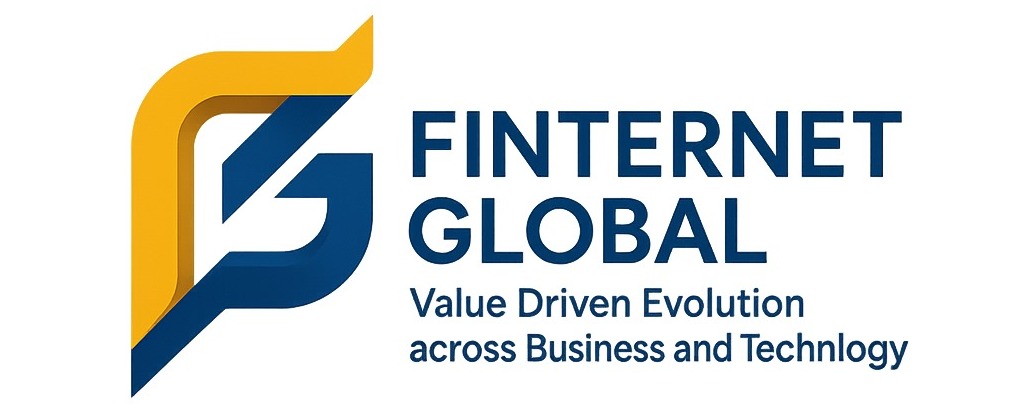Middle East–ASEAN Trade Corridor: Overcoming Obstacles and Possibilities through Cross-Border Payments Overview
Over the past ten years, trade between the Middle East and ASEAN has increased dramatically, driven by infrastructure development, rapidly expanding consumer markets, and energy exports. Oil, petrochemicals, food, and digital services were the top industries in the two areas' trade volumes, which exceeded hundreds of billions of dollars in 2023 alone.

-
Service:
Consulting





